The article was previously published on the energy Africa
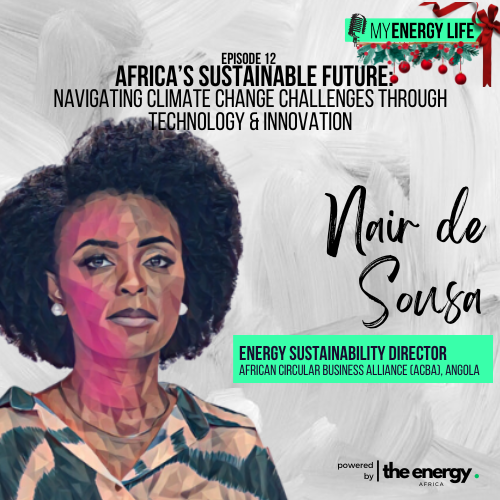
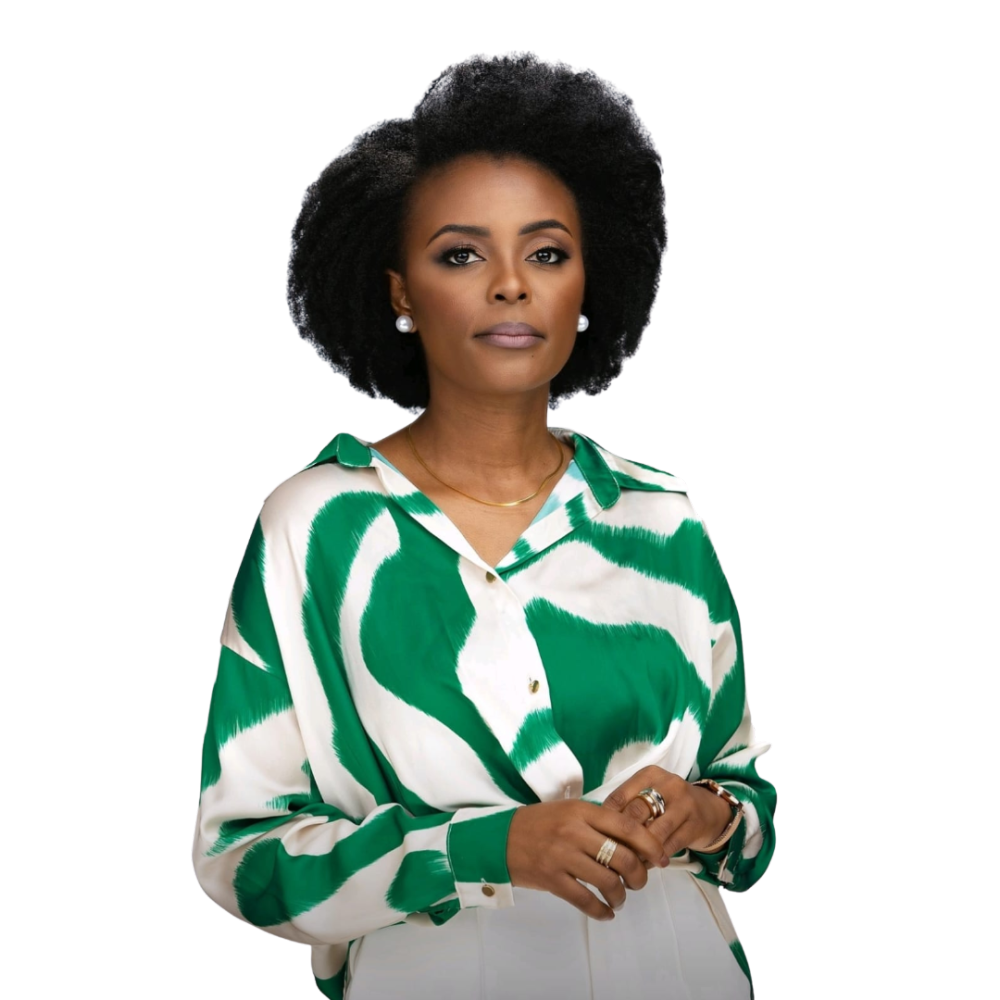
Energy Sustainability Director, African Circular Business Alliance (ACBA)
Welcome to the twelfth episode of the #MyEnergyLife series, a weekly LinkedIn feature designed to highlight, engage with, and empower emerging energy professionals across Africa. Through a series of articles, we will explore the many career paths that exist in the energy industry. Our aim is to provide valuable insights and counsel to support the career aspirations of young professionals in the energy industry.
In this episode, we meet Nair de Sousa, an Energy Sustainability Director with the African Circular Business Alliance (ACBA). Nair de Sousa shares her story of how she got started in the energy industry, detailing her initial challenges and offering invaluable advice to fellow young professionals seeking their path in this dynamic industry.
Tell us about your journey in the energy industry.
I believe my mission started with a volunteer job as a gardener in the church as a high school student. It was during those early days that I recognized a profound connection with Mother Nature, sparking a commitment to combat climate change. This realization fueled my pursuit of a Geology degree, laying the foundation for understanding Earth’s transformative processes.
My career started in the Oil and Gas sector, I worked as a field engineer on offshore rigs, monitoring drilling parameters to ensure adherence to borehole trajectories. My roles evolved into wireline engineering and later, reservoir engineering. This progression allowed me to comprehend the fluid dynamics of hydrocarbons within reservoirs, optimizing production and enhancing reserves management.
The turning point arrived when I acknowledged the intricate nature of Climate Change. As a professional contributing to emissions, I embraced the challenge of integrating my expertise into the Energy Systems and the Digital Era. This led to a broader professional exposure, spanning economics, geopolitics, and laws. My aim was to leverage my technical skills to support regulators in implementing impactful public policies and regulations.
Expanding my horizons, I transitioned my knowledge of geomodeling and reservoir simulation into the Carbon Capture and Storage value chain. This involved permanent storage of CO2 in geological reservoirs, contributing to significant reductions in carbon emissions. Motivated by a passion for sustainability, I continued my journey by exploring diverse low-carbon technologies. My focus shifted towards implementing circular economy practices to mitigate greenhouse gas emissions across various sectors profitably. In my current role, technology and innovation stand as pivotal elements. My objective is clear — to discover efficient solutions addressing domestic market challenges in Africa.
What do you do in your current role at your company?
As the Energy Sustainability Director at the ACBA, I currently plan and monitor energy-system audits to ensure that power, industrial and non-industrial facilities are more sustainable. From these rigorous audits, we establish clean development mechanisms for implementing low-carbon technologies in multiple sectors. This work requires the integration of different sets of skills such as clean tech, manufacturing, agriculture, transport and many other value chains. For this reason, we are working hard to innovate by implementing circular economy strategies that generate new African domestic markets where technology solves critical challenges related to climate change.
Our objective is to balance the need for sustainable development with the urgency for African countries to adapt and become climate resilient in a way that impacts the lives of Africans in communities. Hence, the best approach we are currently taking to achieve this goal is to look at the Climate crisis from a business perspective to find innovative ways of generating profits while reducing GHG emissions.
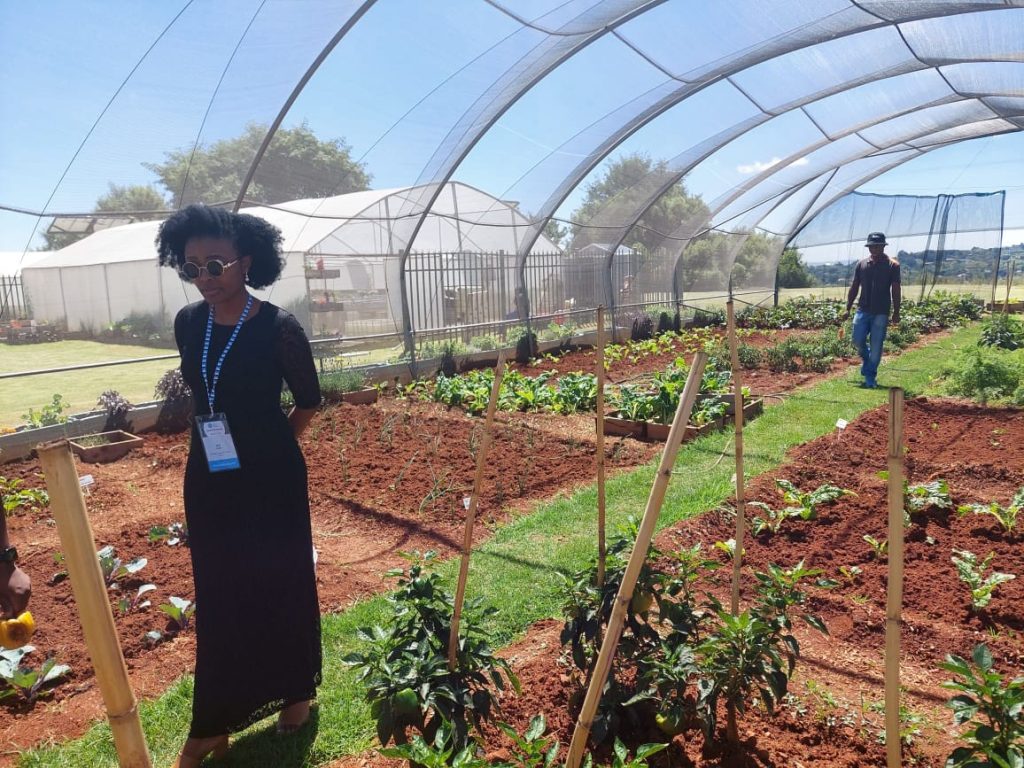
Could you describe your typical day at work?
A typical day at work feels like many nightmarishly hard but rewarding situations. Each day is a different challenge. Some days we manage to solve one challenge but there are specific challenges that take more time to find the appropriate solution. So, regardless of any challenges we face, we usually take each day as a gift with a peaceful mindset as we are certain that consistency and patience are key to success.
“The best thing about my work is the opportunity to use our creativity to innovate and solve real domestic problems.”
Nair de Sousa
What are some of the challenges you have faced in the industry?
While navigating male-dominated environments, the early stages of my career have been marked by gender-related challenges, specifically the lack of sufficient infrastructure to accommodate women in offshore/land rigs. In various oil and gas projects during the planning phases, female toilets are rarely incorporated into the infrastructure, requiring women to cover significant distances from the service area to the accommodations simply to access appropriate facilities on the rigs. Regrettably, this is an undeniable reality, and not every woman in the field feels comfortable speaking up due to the belief that it is a futile effort. Thus, my challenges have not stemmed from demanding workloads or complex subjects but more frequently from a society where workplace inequalities persist.
More recently, the main challenge for any Clean-Tech business has been to allocate funding for mega-projects designed to efficiently solve real problems, especially “in Africa.” The reason why I emphasize our continent is that there are many situations behind this funding gap requiring a lot of work to be done to make those projects bankable and appealing to investors. However, I usually ask myself: Is there a genuine international will for sustainable development in Africa? Do Africans want to see Africa prosper? If we do, then why is it so difficult to trade internally within African countries? Why is it so expensive to travel from Lagos to Durban, for example?
On the other hand, is the Global North interested in sustainable development in Africa? If yes, then why is it unclear if the recent green hydrogen projects are considering plans for hydrogen consumption in Africa? Green hydrogen could be used to make green steel, for example. It is already known that not all countries will have the capability. Then, why not look at the African countries’ problems from a regional perspective instead of waiting for each single country to resolve its issues?
Food for thought!
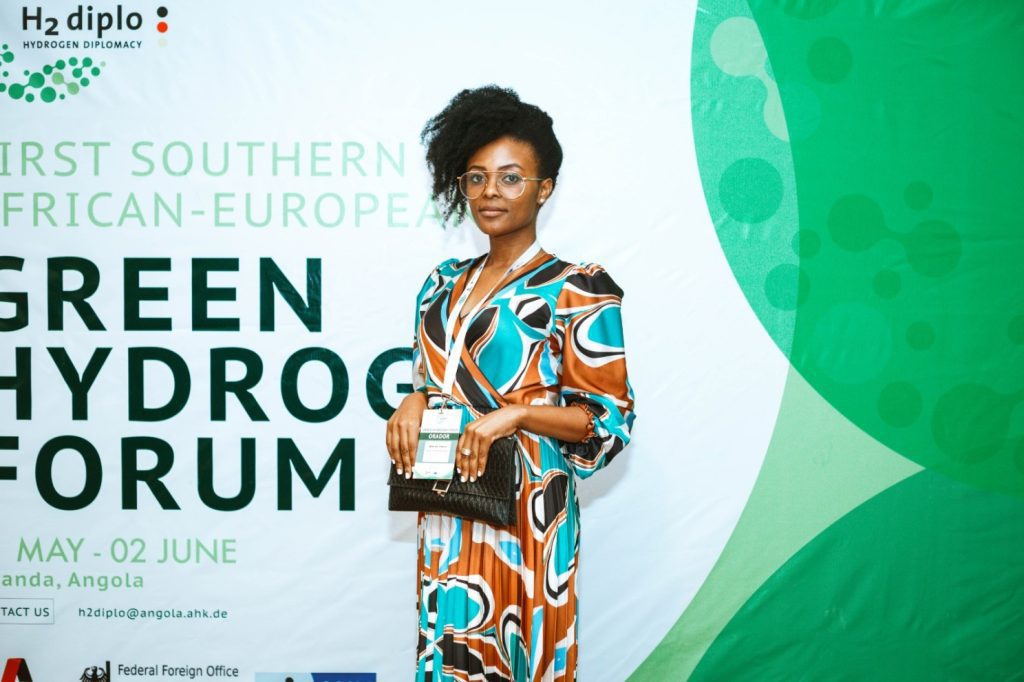
What is the most fun thing you love about your work?
A considerable part of my work is formulated based on what was an idea a few years back, and it is fun and beautiful seeing ideas grow into reality. ACBA is now a growing standard company structured to solve domestic market issues in Africa. We want to fortify supply chains for an African sustainable goods economy in which services like electricity are easily accessible in urban and rural communities.
How do you balance work and life?
I have not yet reached the time to have a work-life balance because I am currently focusing on being consistent in obtaining results from the work I do. It means I have to spend considerable hours working consistently and getting new skills to create relevant knowledge and provide the best services for our clients, partners and communities.
But I take time to rest whenever it is needed, I ask for help and advice from my team or other experienced professionals and I also delegate tasks. Whenever I want to relieve the pressure, I spend quality time with my family in our backyard and prepare a barbecue on Sunday mornings.
What are the core hard skills someone in your field should have?
We work in different sectors and value chains, and it requires a set of different skills such as Project Management, Data Analysis, Supply Chain and Logistics Management, Manufacturing, Chemical Analysis and Laboratory, Power Plant Engineering, Emissions Accounting and Reporting, 3D Geomodeling and Reservoir Simulation, Monitoring and Evaluation, Business Administration and Finances, Legal and Compliance, Policy Analytics, and many more. We do need a variety of highly skilled and educated people.
What soft skills should someone in your field have?
Having a set of leadership skills is essential because our work involves influencing people in communities to change consuming habits, or governments, businesses, and organizations to work towards implementing new policies and adopting best practices for a more sustainable economy and society.
So, strong communication and networking skills are critical for relationship building, and maintaining healthy and stronger partnerships formed based on respect, trust, and win-win situations is also essential for efficiently solving problems in society. Additionally, being honest is a non-negotiable soft skill that any leader in any field should possess.
What is the best thing about your work?
The best thing about my work is the opportunity to use our creativity to innovate and solve real domestic problems. My experience at ACBA has expanded my perception of how domestic markets should work in terms of supplying goods and services to people in communities and how technology and infrastructure are critical to transforming the lives of people in communities.
What would you consider a highlight of your career?
I honestly feel that I am still about to live a “remarkable moment” in my career that would require a special and dedicated highlighting from myself because I am aware there is still a lot more to be done. I am very satisfied with the career path I have chosen because it is extremely challenging and this is why I dedicate a lot of time to improving my skills further. So, whatever great things I am about to do or live God already knows. In the meantime, I am working to ensure I am 100% ready for the time when that big thing comes up.
What are you passionate about outside of work?
There are 3 things I am passionate about: Music! I love listening to my favourite playlists of jazz when I want to be alone and enjoy my own company. I love painting and I also love my family. Whenever I am not working, I will certainly be doing anything with my family.
“Learn How to Get Things Done! As Africans, we really need to start shifting our minds ( ways of thinking) and just learn how to get things done. “
Nair de Sousa
How do you think that your work makes a difference in the energy space?
Different from many other climate-related organizations, our work focuses on a diverse spectrum of realities in Africa with short to long-term goals, considering the region’s development goals and not a single country’s issues with individual projects. The context of climate change in Africa is unique, requiring African-led research to develop more realistic energy pathways that will gradually solve domestic market issues on the continent. By saying African-led research, it means that our projects and research are being led by highly skilled African scientists currently living in Africa, placing us in the best position to consider the social and political implications that may hinder project implementation.
We are currently creating enabling environments for local researchers to develop relevant local capacity, knowledge, and content, and certainly, it has more impact in solving challenges like climate vulnerability and energy poverty. Additionally, we are currently working on a large set of different climate solutions relevant to reaching global net-zero emissions starting from short to medium-term solutions such as using biodigesters for producing domestic biogas. Among the non-industrial sectors, the agriculture sector is the one producing large amounts of carbon emissions in Africa, and for this reason, we also focus on this sector, and we are currently preparing public demonstrations at a large scale.
More complex solutions towards a low-to-zero carbon transition include carbon capture, hydrogen, nuclear, etc. We plan to explore several decarbonization scenarios to increase per capita electricity consumption across the continent. These are very ambitious and positive targets that will certainly take time, and we are currently working hard to gradually achieve those goals.
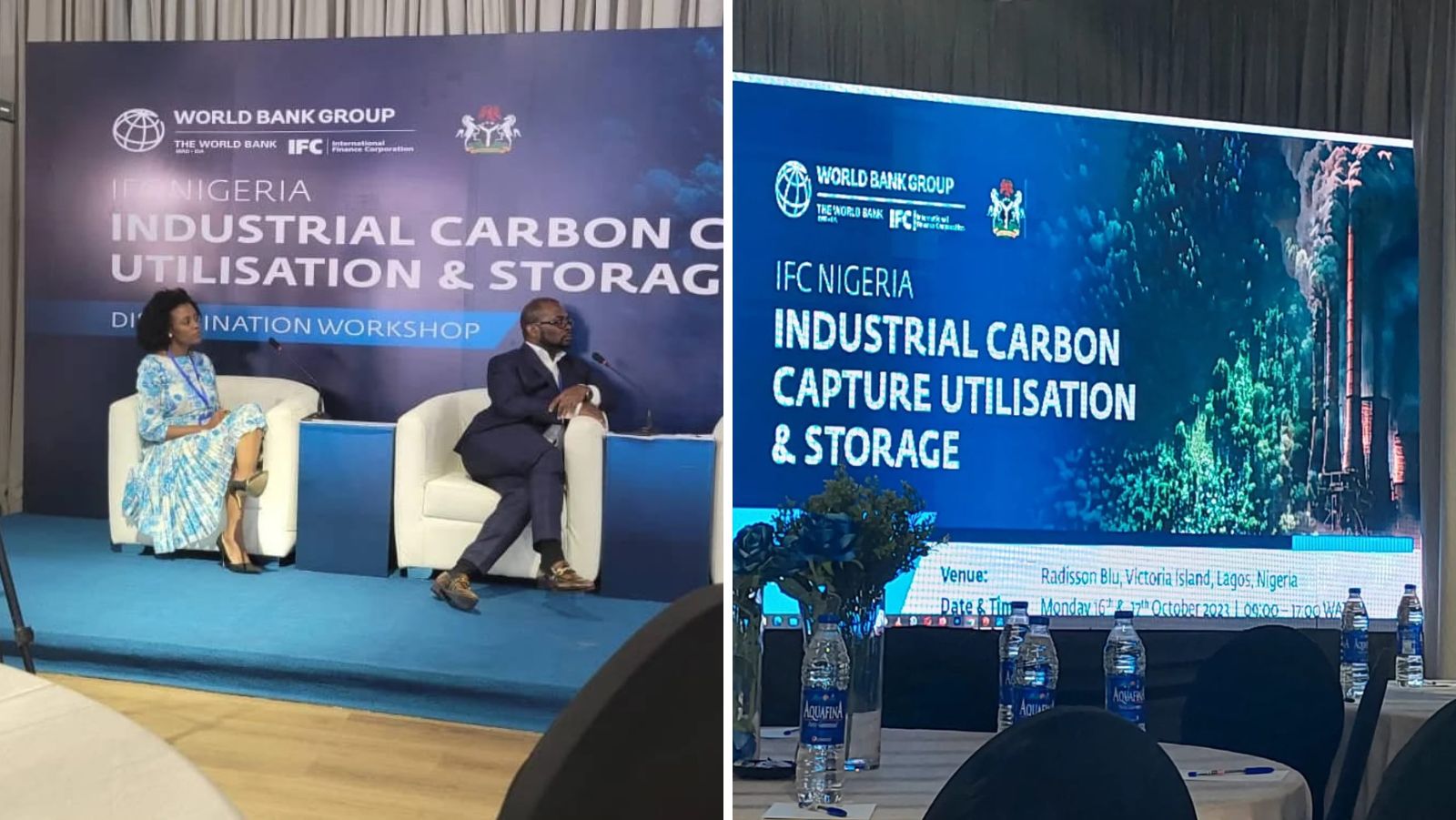
What advice do you have for someone new to the industry?
Quoting Barack Obama, there is a message I want to share with the young generation because it is a message I personally feel that young Africans should consider and it is: “Learn How to Get Things Done!” As Africans, we need to start shifting our minds (ways of thinking) and just learn how to get things done. The journey is very hard to walk but as I said before, consistency and resilience are key to success! Just Get it Done and Do it Right!
